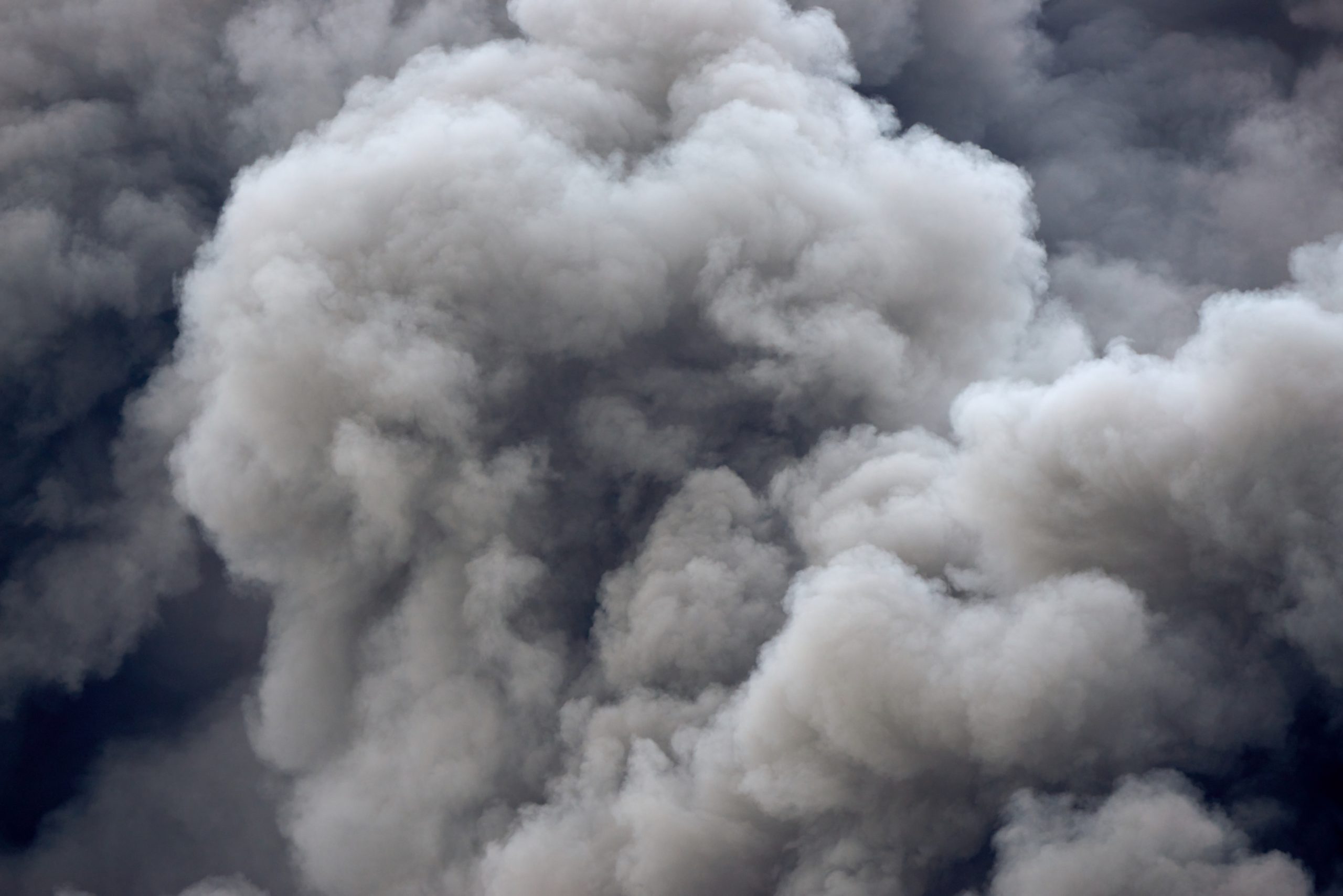Media Release
24 February, 2020
National approach “urgently needed” for smoke pollution advice
Experts are calling for an independent national expert committee on air pollution and health protection to be urgently established following the catastrophic bushfire season in Australia.
In a paper published online today by the Medical Journal of Australia they also warn Australia can’t wait for the results of the Bushfires Royal Commission to act on this vital health issue.
Researchers from The Australian National University (ANU) and other leading universities are calling for evidence-based, accurate, practical and consistent advice on health protection against bushfire smoke.
Professor Sotiris Vardoulakis, Professor of Global Environmental Health at ANU, said Australia needs a holistic approach to managing the risks of bushfires and smoke.
“We need to be better prepared for the next bushfire season which is not far away. We can’t wait until the results of a royal commission are published. We should take action now – the last season highlighted the urgency,” said Professor Vardoulakis.
Professor Vardoulakis said current health protection advice related to bushfire smoke focuses on short-term measures and is “impractical” over the longer periods of high air pollution levels such as those experienced over the summer.
“Telling people to stay indoors or reduce physical activities outdoors isn’t sufficient. Smoke pollution levels vary over hours and days and can change quickly. For this reason, we need hourly averaged particulate air pollution – PM2.5 data – reported in real-time,” he said.
“More nuanced advice would encourage individuals to be guided by location-specific air quality forecasts and the pattern of hourly PM2.5 concentrations at nearby air quality monitoring locations. It would also mean people could better plan their daily activities in ways that minimise exposure to pollution,” said Professor Vardoulakis.
“For example, PM2.5 was lower in most locations in Sydney in early morning hours during the December 2019 bushfire smoke episode. Exercising outdoors and cycling or walking to school or work within this time window would help maintain good physical activity levels without substantially increasing exposure to smoke.”
The paper highlights the importance of accurate advice along with consistency between states in the way air quality is measured and communicated to the public.
It also calls for increased air quality monitoring capabilities at state and territory level, including fixed monitoring sites and portable equipment that can be rapidly deployed in a bushfire emergency.
Professor Vardoulakis said that more investment in air pollution research is urgently needed, particularly into the longer term effects of smoke pollution.
He’s also says we need to better understand the effectiveness of related health protection advice for both the general population and sensitive groups such as children, pregnant women, and people with lung and heart conditions.
Source: scimex.










